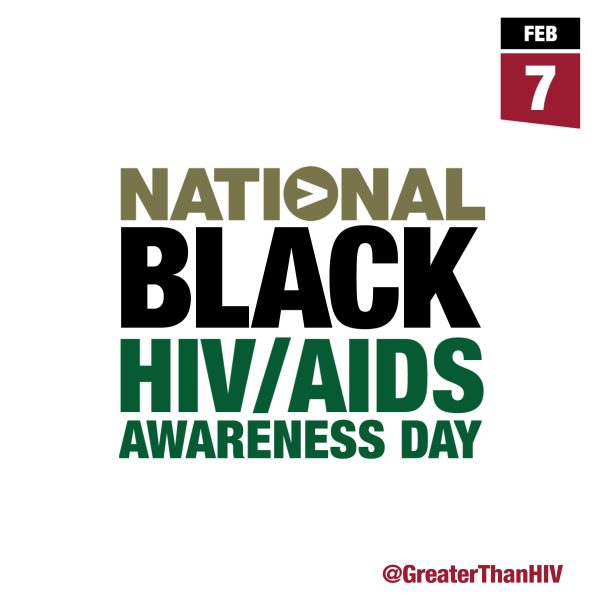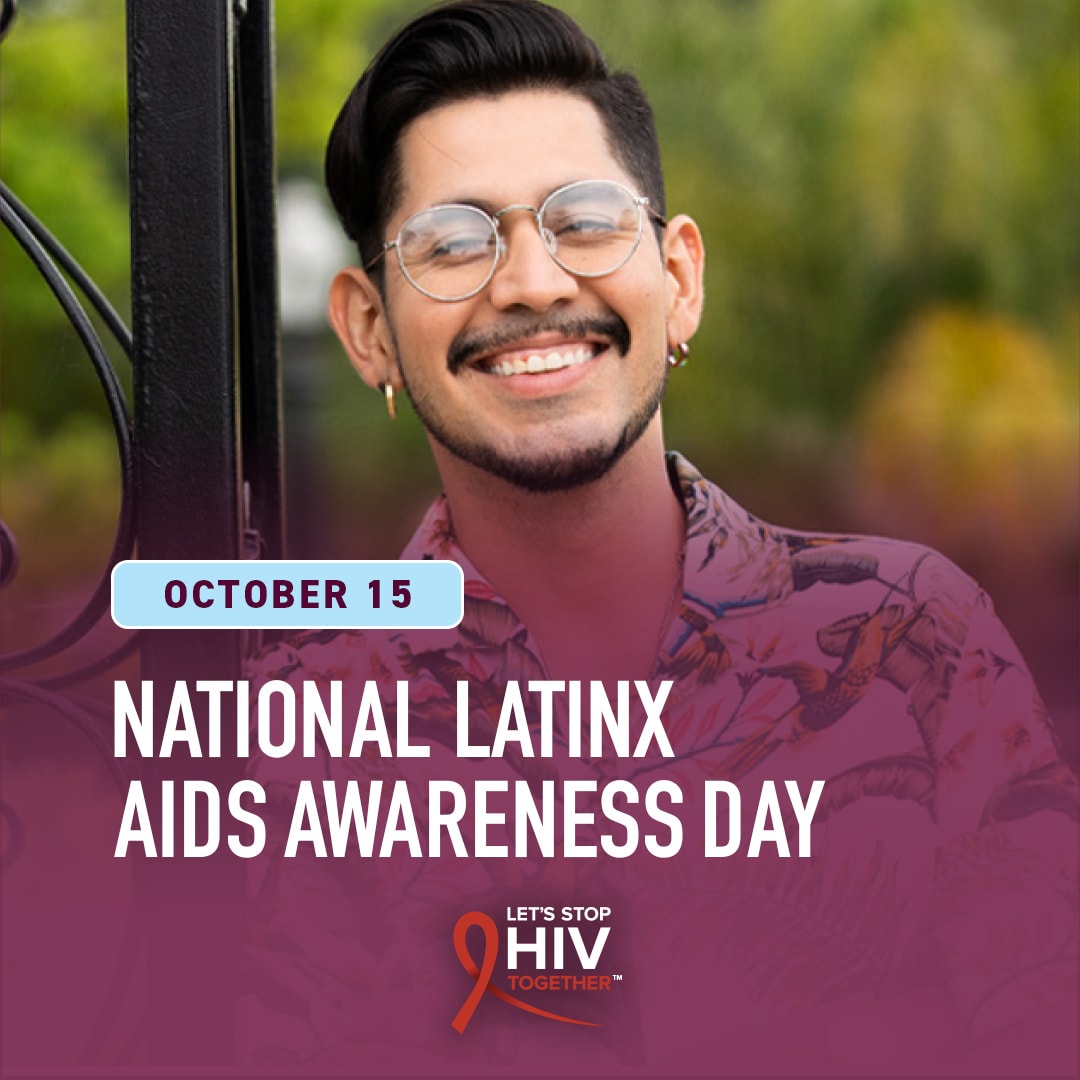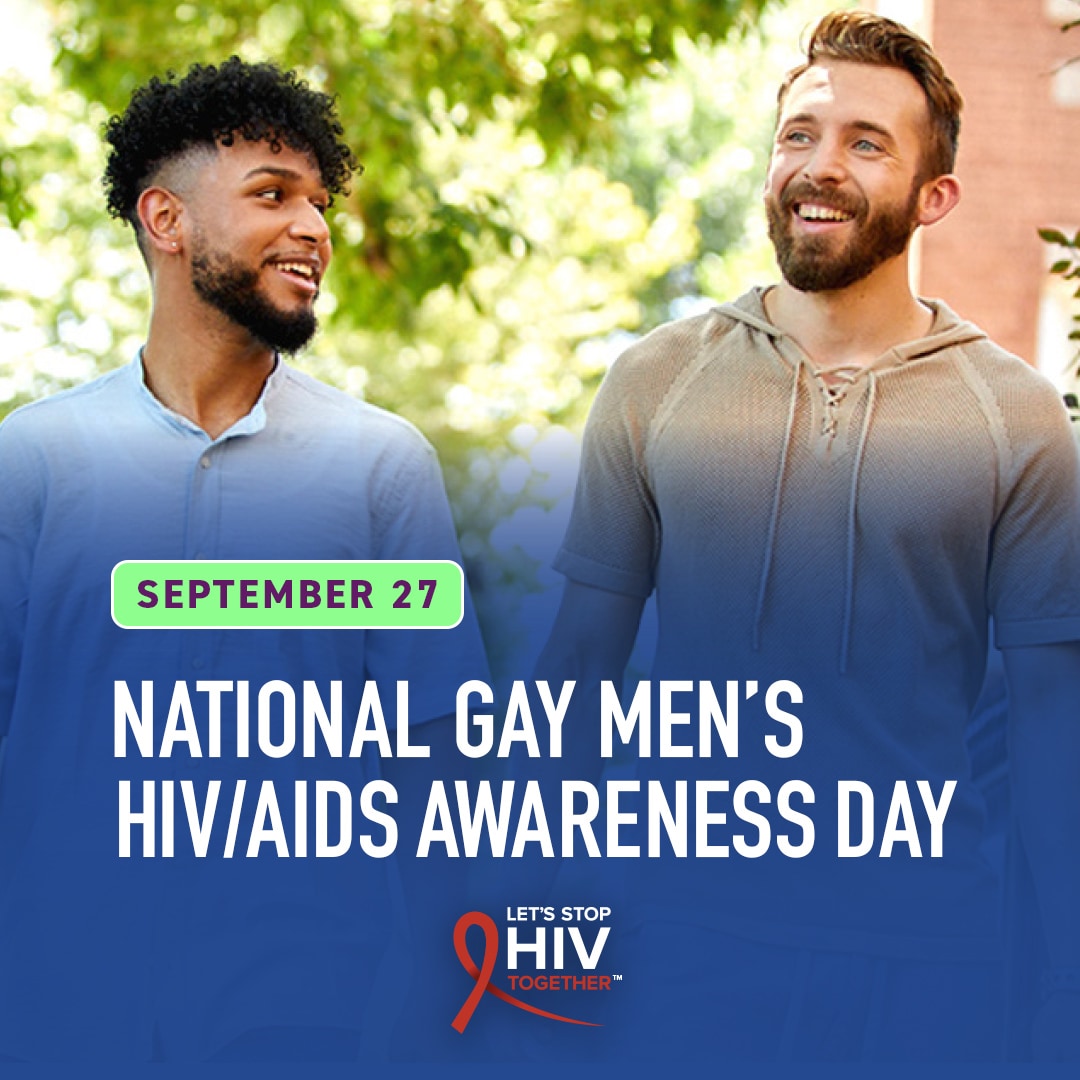Hepatitis Awareness Month

May is Hepatitis Awareness Month in the United States (U.S.). May 19th is Hepatitis Testing Day. During this month we work extra hard to shed light on the impact that viral hepatitis has on the public. By raising awareness around hepatitis, we can also encourage testing, vaccination, and treatment.
Hepatitis Key Facts
-
- Chronic hepatitis B and C are leading causes of liver cancer in the U.S.
- Both hepatitis A and B are preventable with safe and effective vaccines.
- Hepatitis C is curable with prescribed treatment.
- Many adults with hepatitis A may be unaware of their infection as they may not show symptoms. Children with hepatitis A under the age of 6 often have no symptoms.
- Those with hepatitis A can still transmit the virus even if they are not showing symptoms.
- Talk to your healthcare provider about testing for hepatitis B and hepatitis C. Testing and screening during pregnancy is important for you and your baby’s health.
- Getting tested is the only way to know if you have hepatitis B or C.
- Specific laboratory testing must be performed to identify hepatitis A.
- If you are concerned about hepatitis A, please speak with a healthcare provider.
Get Involved
-
- Share the ABCs of Viral Hepatitis. Help others learn about the three most common types of viral hepatitis in the U.S.
- If you are a provider and offer hepatitis testing read about how to register your services through our online registry.
- Visit our website to learn more about viral hepatitis.
- Find provider-specific information and resources to share online.
Get the Word Out
Follow the Virginia Disease Prevention Hotline on Facebook. Share our posts around Hepatitis Awareness Month and National Hepatitis Testing Day. Those posts will have the following hashtags: #HepAware2024, #HepatitisAwarenessMonth, #NationalHepatitisTestingDay and #Hepatitis.
Find other info on our Facebook as well. This includes mpox and syphilis info, both of which we are seeing increased cases of in Virginia.
Got Questions?
If you or a loved one has questions about viral hepatitis, call the Disease Prevention Hotline. Reach us toll-free at (800) 533-4148. You can reach a hotline counselor any weekday from 8 a.m. to 5 p.m. The hotline is closed for Virginia holidays.
STI Awareness Week
STI Awareness Week is observed the second full week in April each year. STI is another term for sexually transmitted infection. This week provides the chance to raise awareness about STIs and how they can impact our lives. It allows us to reduce STI-related stigma and fear. We want people to know about STI prevention, testing, and treatment.
This year, STI Awareness Week comes at a critical time. There have been continued increases in STIs across the United States. These increases have also been occurring here in Virginia. We have seen dramatic increases in syphilis in adults and newborn babies. Virginia has seen the following increases in cases since 2018:
-
- 13% increase in gonorrhea
- 32% increase in syphilis among adults
- 82% increase in syphilis cases among newborn babies
In 2018 the Centers for Disease Control and Prevention (CDC) estimated that 20 percent of the U.S. population had an STI on any given day. That is 1 in 5 people! This totaled almost 68 million infections in 2018.
CDC also estimated that STIs acquired that year cost the American health care system nearly $16 billion in health care costs alone. Given the case increase since 2018, imagine the cost to the American health care system today!
Many STIs have no symptoms. The only way to be sure of your status is to get tested. Talk to your healthcare provider about testing if you are sexually active or have not been tested since the last time you were sexually active. You can find free or low-cost STI testing at your local health department or another testing site near you: https://bit.ly/2OE8EaC. If you have an STI that is left untreated, it can lead to issues such as:
-
- increased risk of getting or spreading HIV
- long-term pelvic and abdominal pain
- inability to get pregnant
- pregnancy complications
- Many other issues, especially with syphilis and HIV
Learn more about STIs and how they spread on our website: https://bit.ly/2Vaj16J. We have the tools to treat and stop the spread of STIs. Let’s use them!
If you have questions about STIs or need help finding STI services, call our toll-free hotline today at (800) 533-4148. Hotline hours are Monday through Friday from 8 a.m. until 5 p.m. The hotline is closed on Virginia state holidays.
National Black HIV/AIDS Awareness Day
February 7 is National Black HIV/AIDS Awareness Day (NBHAAD) – first observed in 1999. This day recognizes how HIV unequally affects Black people.
 Black communities have made great strides in reducing HIV. Yet, factors such as racism and discrimination may affect whether Black people seek or receive HIV services. Mistrust in the medical system may also be a factor.
Black communities have made great strides in reducing HIV. Yet, factors such as racism and discrimination may affect whether Black people seek or receive HIV services. Mistrust in the medical system may also be a factor.
NBHAAD is a chance to increase:
-
- HIV education;
- Testing;
- Community involvement; and
- Treatment among Black communities.
This year’s NBHAAD theme is Engage, Educate, Empower: Uniting to End HIV/AIDS in Black Communities.
We engage to talk about ways to better involve Black communities in HIV/AIDS efforts. This can include:
-
- Outreach programs;
- Community partnerships; and
- Working with local community members to promote HIV programs;
- This can help promote HIV programming and talking about HIV/AIDS.
We educate by focusing on improving HIV/AIDS education among Black youth and adults. This could cover the latest HIV information such as:
-
- Research;
- Treatment options;
- Understanding of PrEP and PEP medications; and
- Debunking myths that contribute to stigma and discrimination.
Lastly, we can empower by highlighting stories and strategies that have successfully empowered Black people living with HIV/AIDS. Empowerment can be through advocacy, policy change, access to care, and support systems.
Read more about NBHAAD or find resources to share online on the CDC.gov website.
Furthermore, if you or a loved one has questions about HIV or wants to be linked to local resources, we can help. Call the Virginia Disease Prevention Hotline today at (800) 533-4148. You can also reach the hotline at hiv-stdhotline@vdh.virginia.gov.
World AIDS Day: Remember and Commit

December 1st marks the 35th anniversary of World AIDS Day. This year’s theme is Remember and Commit. We remember those we have lost in the fight against HIV and AIDS and commit ourselves to working to end the HIV epidemic.
The landscape of HIV has changed dramatically in the past 35 years. Prevention methods have improved greatly since the early days of the epidemic. HIV can now be prevented by a growing number of biomedical interventions and with other prevention strategies, such as condoms. HIV pre-exposure prophylaxis, or PrEP (initiated before an exposure), is one example of a biomedical intervention. These methods have revolutionized the way that we look at preventing HIV.
Our understanding of HIV transmission has also substantially changed through the years. Undetectable = Untransmittable (U=U) is a newer concept. We now understand that someone who is virally suppressed, which means they have an undetectable viral load, cannot sexually transmit HIV to others. Viral load becomes undetectable when a person with HIV takes their medications as prescribed. U=U is supported by numerous health groups and organizations worldwide, including the World Health Organization. Treatment for HIV now equals prevention for HIV.
This World AIDS Day, learn more about HIV, find an event near you, or volunteer your time at a local community organization near you.
If you or a loved one has questions about HIV, viral hepatitis, or STDs, call the Virginia Disease Prevention Hotline. The hotline is open Monday through Friday from 8 a.m. until 5 p.m. You can call the hotline toll-free at (800) 533-4148.
National Latinx AIDS Awareness Day
National Latinx AIDS Awareness Day (NLAAD) is October 15. Each year on this day we promote HIV prevention and treatment. We also raise awareness on the disproportionate impact that HIV has on the Latinx community and aim to combat stigma.

We’ve made great strides in HIV prevention and treatment. We are closer than ever to ending HIV. Join us in the fight against HIV.
Some facts about Latinx people and HIV include (from NLAAD.org):
- In 2019, 10,502 Latinx people were newly diagnosed with HIV in the United States
- That’s nearly 29 Latinx people per day
- In 2019, Latinx people represented 18.4% of the U.S. population, but accounted for 28.5% of all new diagnoses and 22.8% of all people living with HIV
- 1 in 6 Latinx people living with HIV are unaware that they have it
- Latinx people who are unaware that they have HIV cannot take advantage of HIV treatment and may unknowingly transmit HIV to others
- 53% of Latinx people have never been tested for HIV in their lifetime
Take the time this NLAAD to:
- Learn about HIV prevention methods
- Find HIV, STD, and viral hepatitis testing near you
- Learn more about HIV and how to combat HIV stigma
- Find out about HIV treatment options if you’re living with HIV
If you or a loved one has questions about HIV services, call the Virginia Disease Prevention Hotline. Reach a hotline counselor toll free at (800) 533-4048. Hotline hours are 8:00 am until 5pm, Monday through Friday.
National Gay Men’s HIV/AIDS Awareness Day
National Gay Men’s HIV/AIDS Awareness Day (NGMHAAD) is September 27. It was first in 2008 by the National Association of People with AIDS. On this day, we focus on the impact of HIV and AIDS on gay and bisexual men. We also focus on ongoing efforts to reduce HIV and AIDS in this community.
 According to the Centers for Disease Control and Prevention (CDC), gay and bisexual men are the population most affected by HIV in the United States. This is also true in Virginia. In Virginia in 2022, 53% of people with HIV were men who had sex with men.
According to the Centers for Disease Control and Prevention (CDC), gay and bisexual men are the population most affected by HIV in the United States. This is also true in Virginia. In Virginia in 2022, 53% of people with HIV were men who had sex with men.
There are signs of progress. New HIV infections are falling among some age and racial/ethnic groups in gay and bisexual men. However, disparities continue to exist among Black/African-American and Hispanic/Latino gay and bisexual men. For more on these disparities, see HIV and Gay and Bisexual Men: HIV Diagnoses.
Take the time this NGMHAAD to:
-
- Learn about HIV prevention methods
- Find HIV, STD, and viral hepatitis testing near you
- Learn more about HIV and how to combat HIV stigma
- Find out about HIV treatment options if you’re living with HIV
If you or a loved one has questions about HIV services, call the Virginia Department of Health (VDH) Disease Prevention Hotline. Reach a hotline counselor toll free at (800) 533-4148. Hotline hours are 8:00am until 5pm, Monday through Friday.
Other Health Updates for Gay/Bisexual Men
While Virginia has not seen a resurgence in mpox that other parts of the county have, it is still important to learn about mpox and be prepared. Gay and bisexual men have been most affected by the mpox outbreak. Get vaccinated. Two doses will provide the greatest protection. To learn more about mpox, visit the VDH mpox page.
The VDH has announced a statewide outbreak of meningococcal disease. An increase in meningococcal disease has occurred in several health regions. This increase is three times the number of expected cases in one year. Vaccination is recommended for individuals who may be at increased risk for the disease. This includes persons with HIV. Learn more about meningococcal disease, the current outbreak, and recommendations on the VDH outbreak page.
Renewing Your Medicaid Health Coverage
Virginia Medicaid has returned to its regular renewal activities. The Virginia Department of Medical Assistance Services (DMAS) has started reviewing members' eligibility to make sure they still qualify for health coverage.
Two months before your renewal is due, you will receive a letter if action is required. These letters contain important information on actions you may need to take to keep your health coverage. You can view the DMAS calendar to find out when to expect your notice. When you get your letter, carefully read and follow the instructions enclosed. Be sure to respond by the due date listed on your letter or you may lose your health coverage.
If you need assistance with your renewal letter, updating your contact information, or need general assistance with your renewal you can:
-
- Go online at commonhelp.virginia.gov,
- Call Cover Virginia at 1-855-242-8282 (TTY: 1-888-221-1590),
- Or call your local Department of Social Services.
Last Updated: May 3, 2024
